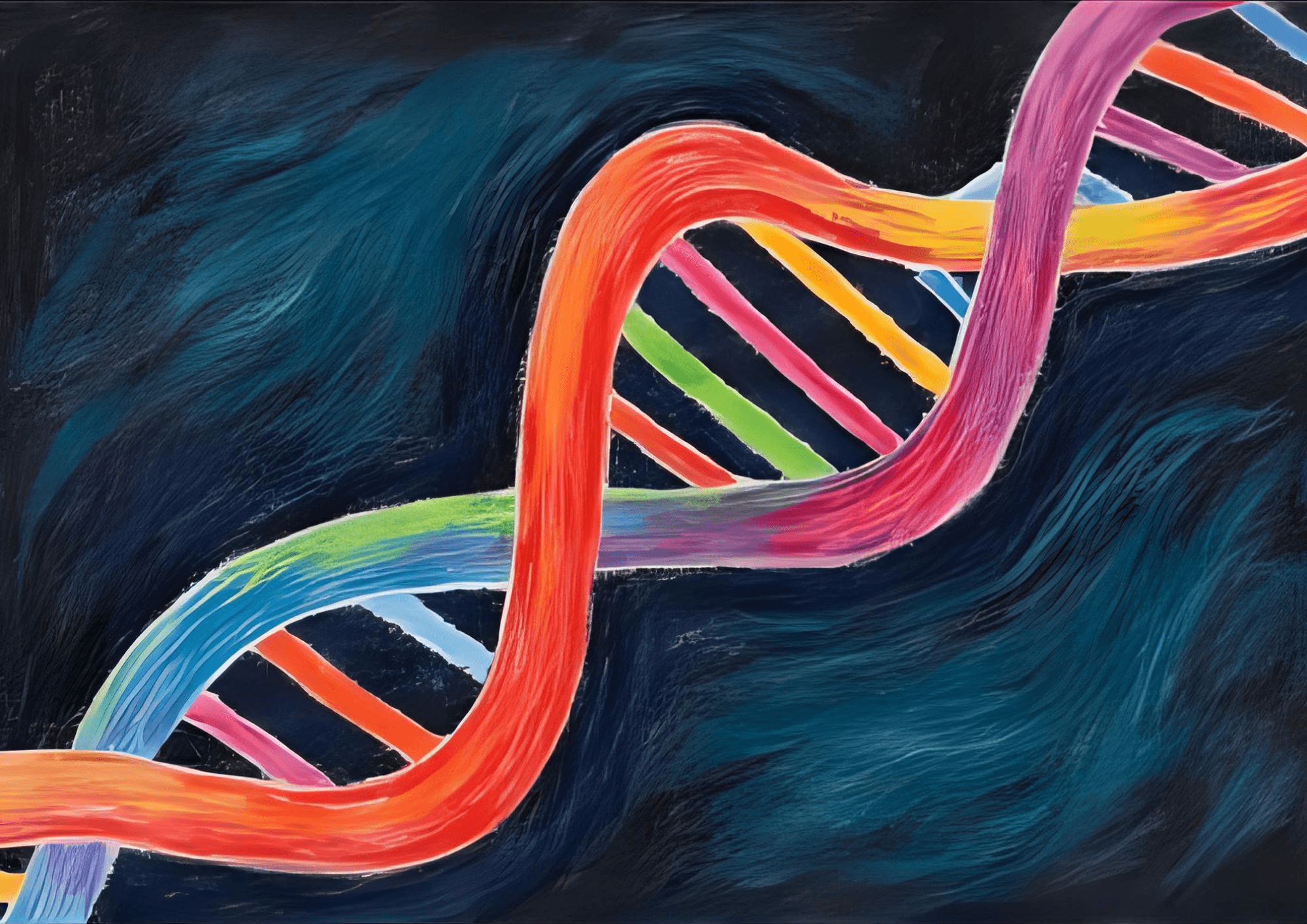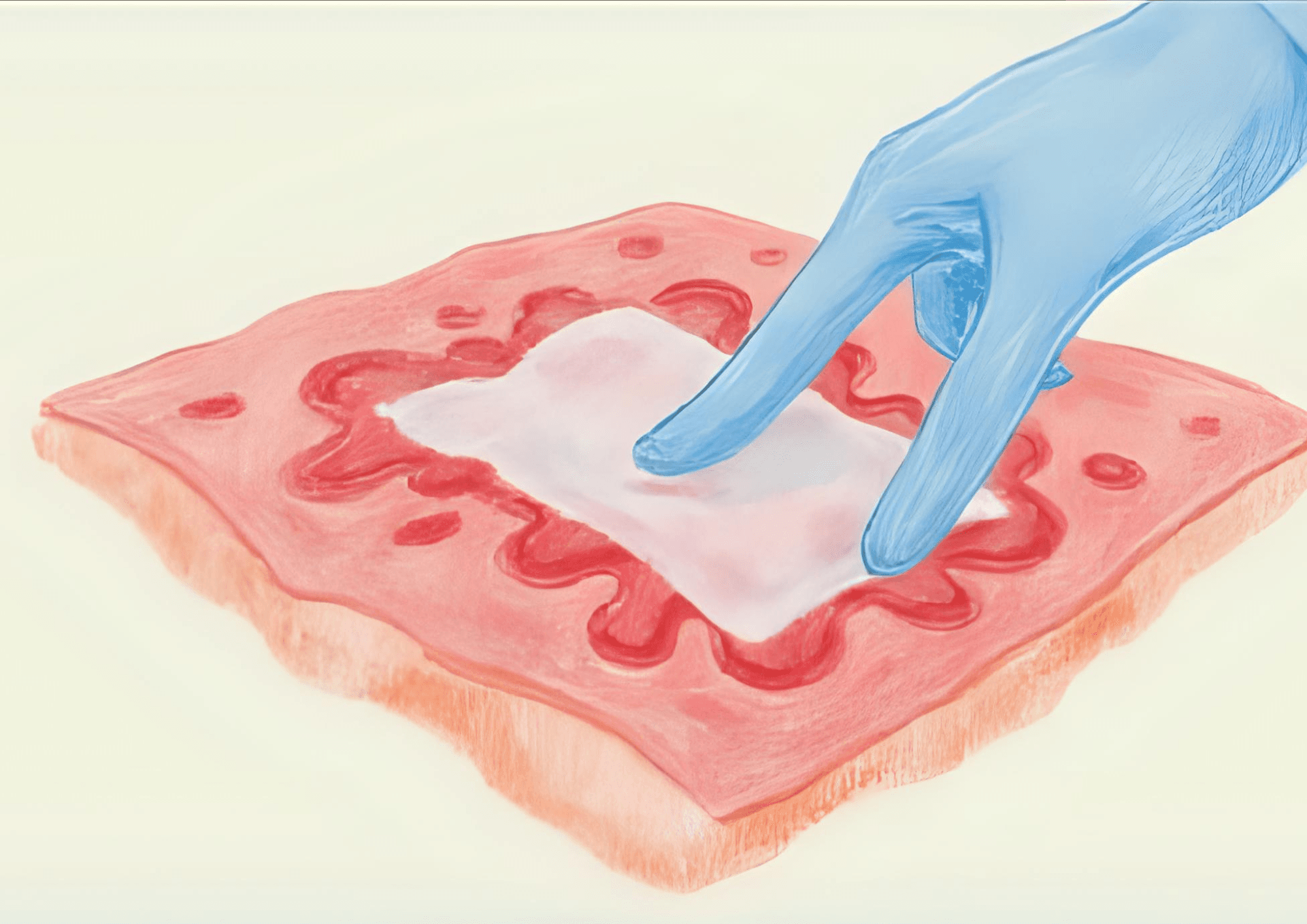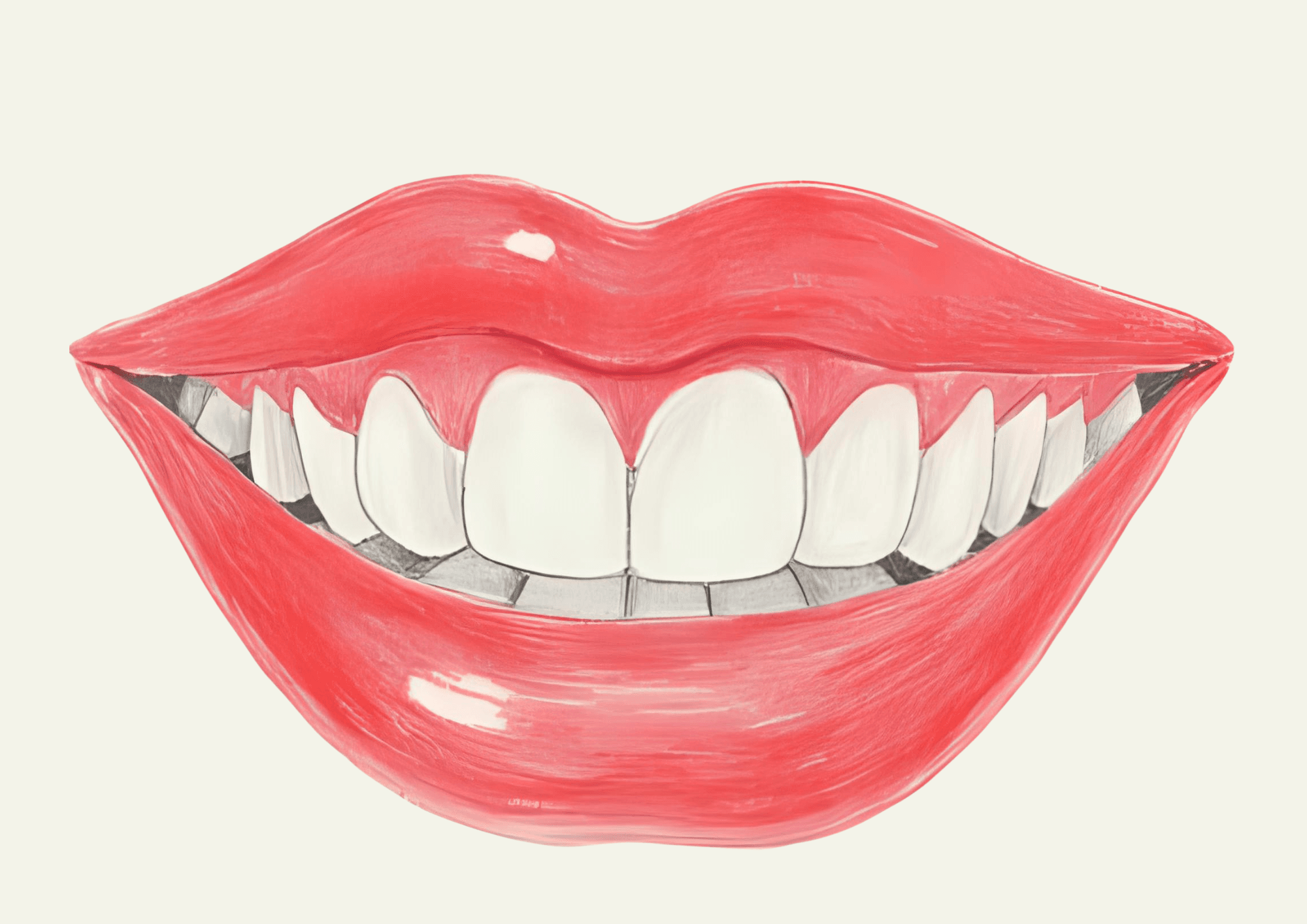04 Aug 2025
9 MIN READ
Protein powers your muscles and melts your belly fat
Almost 17% of your body is made of protein. Your toned muscles and well-defined abs are a work of protein. How? Protein is the architect that sculpts your body muscles.
Protein is not just a muscle food, it helps burn fat and balances hormones to keep you going.
Proteins are made of amino acid sequences. Nine of the 20 amino acids are essential. They come from food.
Protein, carbohydrates, and fats are macronutrients of your body. They are vital for our growth and existence.
80% of the global population fails to meet the daily protein requirement.
Understanding proteins
Proteins are like a beaded necklace. The amino acids are the beads. The arrangement of these acids determines the protein functions. For example, protein would transport oxygen or fight against infections.
Most proteins last just two days in your body. Hence, you should ensure you have your proteins daily.
Types of proteins in your body
-
Antibodies
-
Contractile proteins
-
Enzymes
-
Hormonal proteins
-
Structural proteins
-
Storage proteins
-
Transport proteins
Functions of proteins in your body
Protein is a multitasker. 80% of their functions are within cells.
Proteins
-
Regulate the structure, development, and functions of tissues and organs.
-
Navigate metabolic reactions
-
Maintain pH
-
Balance fluid levels within the body
-
Strengthen the immune system
-
Store and transport nutrients
-
Work as an energy source
-
Develop hormones and enzymes
-
Build and repair muscles and bones
Daily protein requirements for different age groups
The recommended dose for protein is 0.36 grams/pound daily. However, the protein needs differ with age.
How do proteins help in reducing weight?
Proteins work well while you are planning for a slimming journey. They can help you in several ways, such as:
-
Muscles: Muscles go through wear and tear daily. Proteins provide the needed amino acids to repair and stimulate muscle growth.
-
Appetite: Proteins digest slowly and keep you full for a longer duration.
-
Muscle mass: Muscles tear during a workout. Proteins restore muscle development, helping you recover quickly.
-
Burn deposited calories: The thermal effect of protein digestion burns the deposited calories, cutting your stubborn belly fat.
-
Lower cravings: Proteins develop a feeling of fullness. Hence, it reduces your appetite.
-
Hunger hormones: Protein digestion triggers the hunger hormones to send messages to the brain. Thus, it prevents hunger.
-
Fun Fact: Pikachurin is a protein within the retina of the eyes named after Pikachu.
Proteins for metabolism
Proteins fuel your metabolism. Your body cannot store proteins. Hence, proteins are converted into glucose and triglycerides. Thus, they serve as an energy source for the internal functions of your body.
Proteins develop 30% heat during digestion.
Your body works harder to digest protein. Why?
Proteins are complex molecules. The body needs greater energy to dissolve the amino acid chains.
In addition, your body releases acids in the blood to digest proteins, needing neutralization. Often, calcium from bones neutralizes the acidic effect.
How does the 90-30-50 meal plan work?
The figures given below represent the goals of daily nutrition.:
-
Proteins - 90 grams (eggs, fish, & dairy products)
-
Fiber - 30 grams (whole grains, legumes, fruits, & vegetables)
-
Healthy Fats - 50 grams (nuts, olive oil, & avocados)
High proteins versus low proteins
High-protein foods have all nine amino acids in their structure, while low-protein foods lack one or two. Combining them with rice or beans creates a complete protein.
High protein intake maintains metabolism and muscle functioning. On the other hand, low protein intake is necessary for kidney health and weight management
Protein from nature
Nature recycles our food sources. Proteins come from:
-
Lentils
-
Nuts
-
Fish
-
Beans
-
Milk
-
Tempeh
-
Tofu
-
Eggs
-
Almonds
Protein supplements
Protein supplements are available in stores:
-
Dymatize
-
Optimum nutrition
-
Myprotein
-
MuscleBlaze
-
Muscle Tech
Advancements for protein rebuilding
The latest technologies for protein rebuilding focus on its digestion, improving its functions, and developing engineering methods for protein design.
A few of the advanced techniques include:
-
High-pressure processing
-
Pulse electric field
-
Precision fermentation
-
Ultrasound
-
3D printing
-
Artificial intelligence integration
These technologies help in improving protein properties and protein synthesis.
The protein design contributes to:
-
Enzyme engineering
-
Protein structure prediction
-
Cell wall extraction
-
Efficient protein recovery
Protein for your organs
Proteins help your organs function normally. They help to:
-
Reduce chronic diseases
-
Lower high blood pressure
-
Produces collagen in bones and skin
-
Develop hemoglobin in red blood cells
-
Produces antibodies against infections
Proteins serve as catalysts, provide structural support, and initiate cellular death within your body.
Enhance your energy with a protein meal plan.
Proteins are vital for health and strength. Whether you love sports or fitness, protein is essential. Combine proteins with the necessary nutrients to target your fitness goals. What is your favorite protein-packed meal for optimum health?



